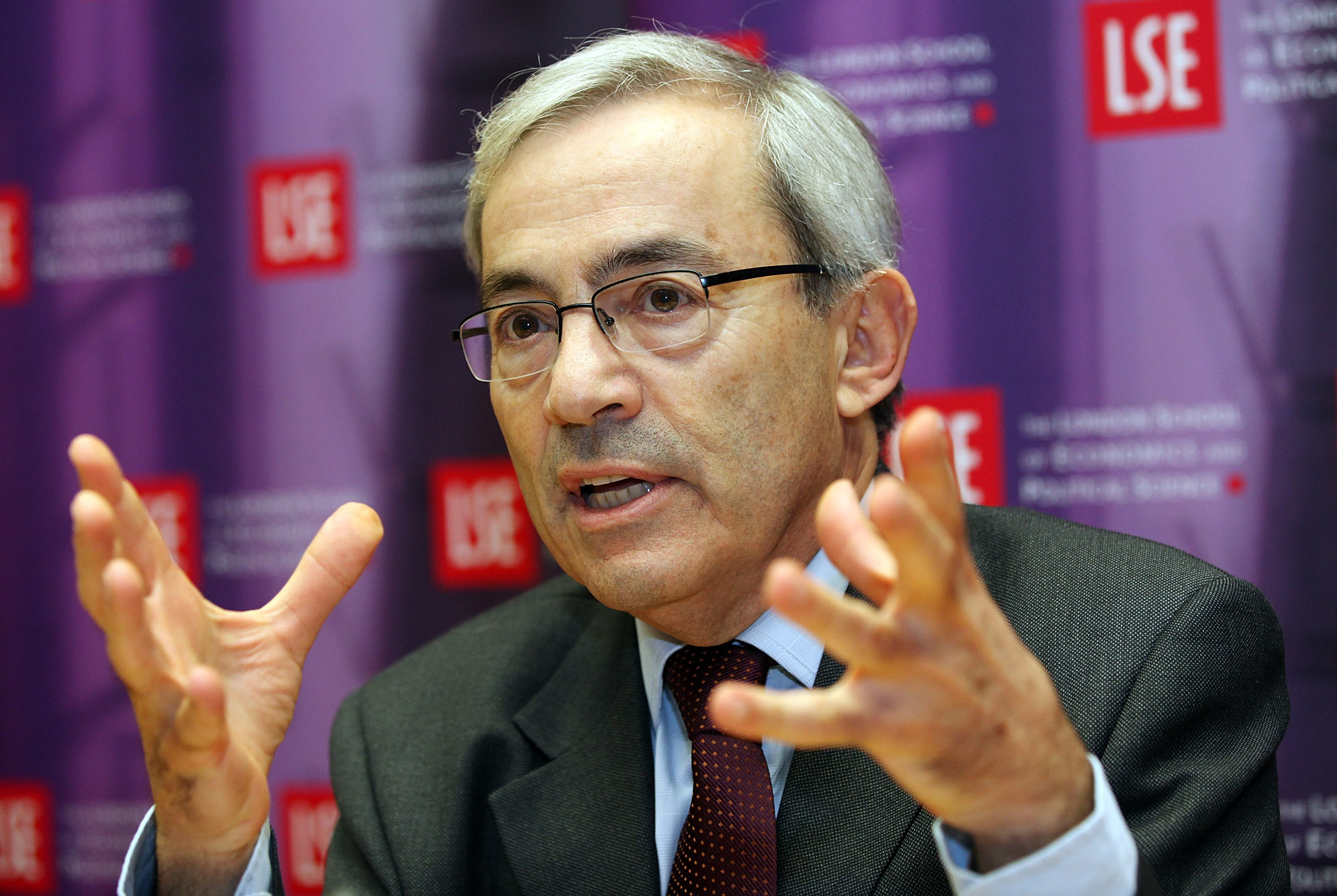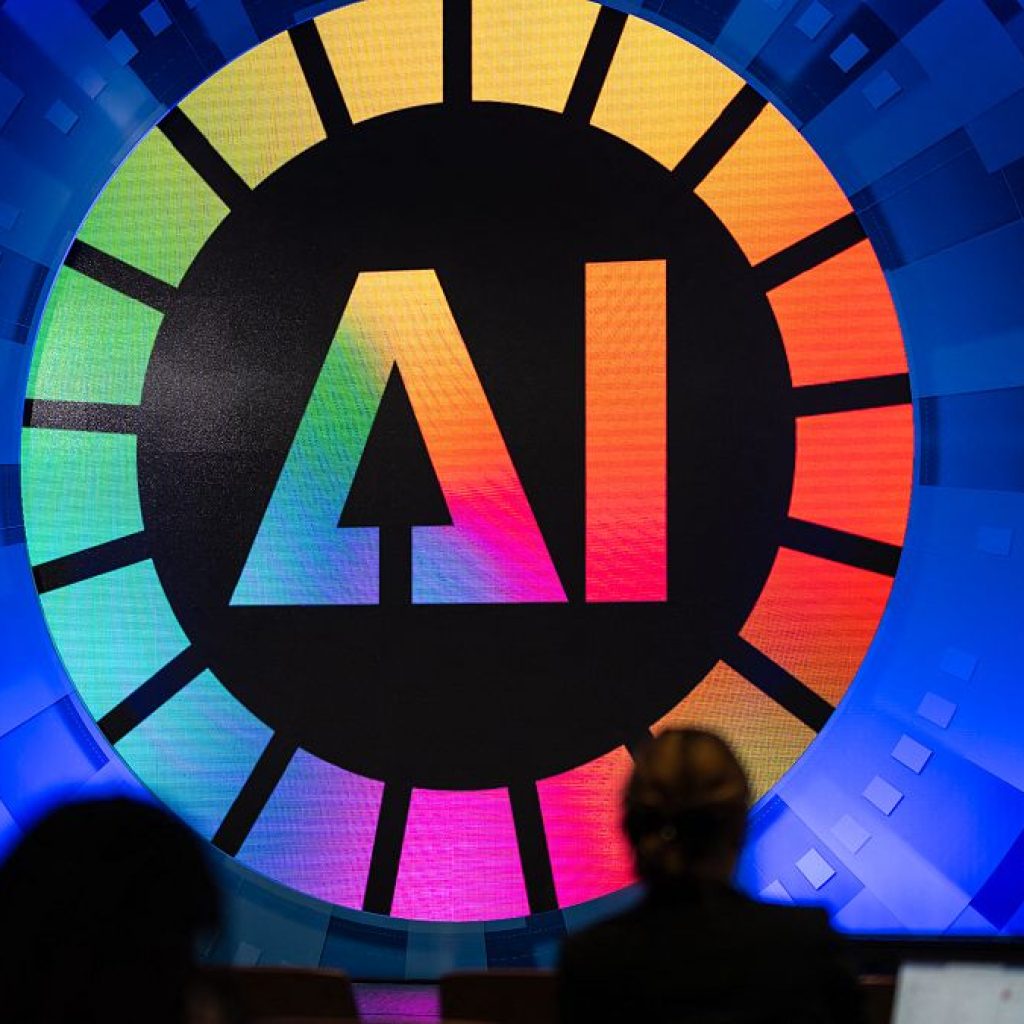Renowned labor market economist and Nobel Prize winner, Christopher Pissarides, has sounded a cautionary note for the younger generation considering careers in science, technology, engineering, and mathematics (STEM) fields. Pissarides highlights the importance of cultivating “empathetic” and creative skills, which he believes may prove invaluable in a world increasingly dominated by artificial intelligence (AI).
The pitfalls of overemphasis on STEM
Professor Pissarides, who serves as a professor of economics at the London School of Economics, advises against an overwhelming rush towards STEM subjects. He warns that certain IT jobs could inadvertently contribute to their own obsolescence by furthering the development of AI that could eventually replace those very jobs.
While he remains optimistic about AI’s overall impact on the job market, Pissarides raises concerns for individuals banking on STEM careers. Despite the current surge in demand for STEM skills, he believes that professions reliant on traditional face-to-face skills, such as those in hospitality and healthcare, will continue to dominate the job market.
Pissarides elaborates, “The skills that are needed now — to collect the data, collate it, develop it, and use it to develop the next phase of AI or more to the point make AI more applicable for jobs — will make the skills that are needed now obsolete because it will be doing the job.”
He emphasizes that despite growth in the STEM field, it may not be sufficient to accommodate all the STEM graduates seeking employment, stating, “This demand for these new IT skills, they contain their own seeds of self-destruction.”
The popularity of STEM education
In recent years, STEM subjects, especially computer science, have witnessed a surge in popularity as students strive to enhance their employability in a rapidly evolving job market. However, the exponential growth of AI technology raises questions about the long-term viability of these careers.
Balancing technical and soft skills
Looking ahead, Pissarides underscores the enduring importance of managerial, creative, and empathetic skills, as they are less susceptible to automation by AI. Professions such as communications, customer services, and healthcare are expected to remain in high demand.
Pissarides advocates for a shift in perception, stating, “When you say the majority of jobs will involve personal care, communication, good social relationships, people might say ‘Oh, God, is that what we have to look forward to in the future.’ We shouldn’t be looking down at these jobs. They’re better than the jobs that school leavers used to do.”
In conclusion, while STEM fields continue to hold promise in the job market, Nobel laureate Christopher Pissarides emphasizes the importance of a balanced approach to education and career planning. As AI continues to advance, the need for “empathetic” and creative skills, along with soft skills in communication and interpersonal relations, is likely to grow.
Pissarides’ cautionary words serve as a reminder that the job landscape is evolving rapidly, and a diverse skill set can provide a more resilient and adaptable career path. As students and professionals navigate the complex terrain of future employment, the key lies in striking a balance between technical proficiency and the uniquely human qualities that AI cannot replicate.





